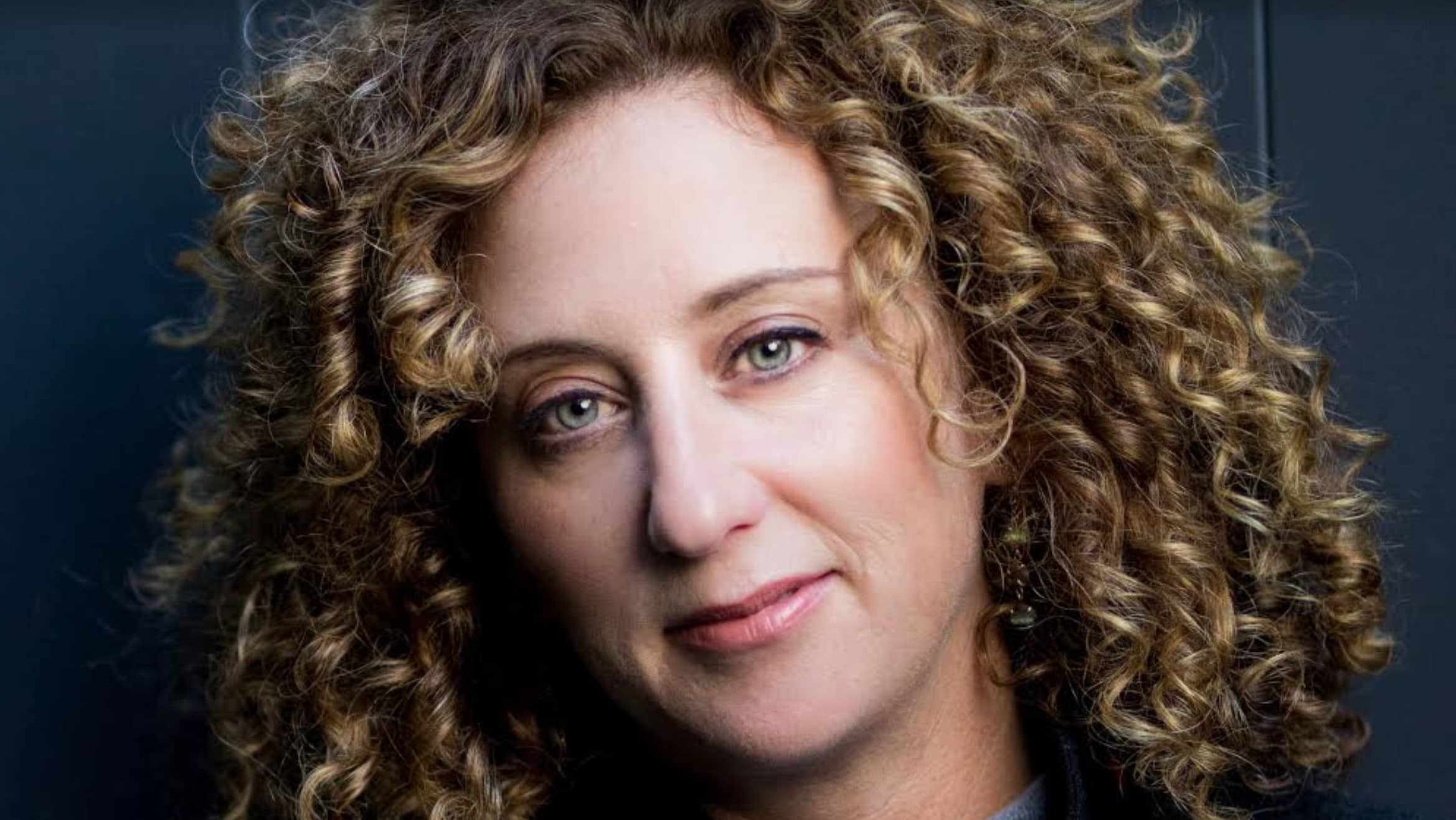You are viewing your 1 free article this month. Login to read more articles.
Trade in transition waits on White House
At the end of a tumultuous year for the American book trade, with shake-ups at a number of big houses and organisations, comes a pivotal race to the White House.
Book business citizens, like all Americans, are on tenterhooks. Lines of the masked and not-very-distanced wait patiently (especially for New Yorkers), standing two, three, five hours to enter polling places. Many shopfronts on those streets sit empty, “For Rent” signs convincing no-one. Some of them used to sell books.
My local Barnes & Noble (one of the chain’s biggest) closed permanently in June, when Target made c.e.o. James Daunt an offer for the long lease that he didn’t refuse. Having promised a smaller store would open on the Upper East Side to replace it, local denizens have turned to Amazon and indies—perhaps permanently.
Many apartment windows remain dark, and those who fled—whether a publishing c.e.o., a literary agency head, or an editor or publicist further down the ladder—work virtually, miles from Manhattan in “weekend” homes, hoping that postal ballots will, in fact, count. Those who remain in the city feel an accumulated exhaustion. All, whether in New York or in country bolt-holes, look to 3rd November to see if the beginning of the end arrives at last.
This head-spinning publishing/bookselling year began with last holiday season’s diminishment of printing capacity. It hangs over this one, too, only more so: it’s made worse by fears over distribution caused by the current administration’s targeted hobbling of the postal service, as well as the very real possibility that Amazon will gobble up pre-orders, leaving slim pickings for everyone else.
The frustrations over cultural appropriation and a lack of diversity, which boiled over with American Dirt in January, have accumulated force and depth ever since. The deaths of Breonna Taylor in March, George Floyd in May, and the multiracial Black Lives Matter demonstrations, though, may have brought us to the start of an inflection point when real change finally occurs.
As long-time Pantheon and Knopf executive editor Erroll McDonald said at the virtual Brooklyn Book Festival this month, publishers have adhered to “an anachronism that there’s such a thing as mainstream culture. They’re beginning to understand that diversity and inclusion are good for capitalist values.” Or as Knopf publisher Reagan Arthur said on the same panel, “the assumption of what ‘we’ is, is a false commonality”. The pandemic, Arthur added, has proved “you don’t have to live in New York to work in publishing”, which may help diversity. So will starting salary increases that some of the Big Five have announced.
Decisive steps
Trade organisations are convening meetings, appointing staff to oversee diversity and anti-racist efforts and, in the case of publishers, filling prominent vacancies with black executives. American Library Association executive director Tracie D Hall advised a panel last week that a key priority is to bring “diversification to the whole book-chain workforce”.
Although book sales have kept up, the pandemic’s distancing imperative has routed many to Amazon. Indies—and the publishers who need them to fuel book discovery—are anxious in this fourth quarter, even with the help that Bookshop.org has recently provided. Already, we see the effect of the pandemic in an even greater dependence by many publishers on the biggest books.
Under new executive director Alison Hill, the American Booksellers Association is also helping itself with the #BoxedOut campaign, launched in mid-October. It received 112 million views and 2.8 million social media shares during its first week, as well as a good deal of national media coverage; let us hope it lures some sales to indies, reminding Americans what a world without them would be like. Although the Department of Justice has just initiated much-anticipated anti-monopoly action against Google, there haven’t been signs that Amazon will be joining it anytime soon.
 In other news, Michelle Obama’s publisher Molly Stern (pictured left), most recently of Crown, has announced a comeback, forming her own company, Zando, with backing from Rupert Murdoch’s daughter Elisabeth and other rich Hollywood friends, promising a new publishing model. We shall await the proof in the proverbial pudding, but amid a rising pandemic and this particular season, it’s worth applauding such a vote of hope.
In other news, Michelle Obama’s publisher Molly Stern (pictured left), most recently of Crown, has announced a comeback, forming her own company, Zando, with backing from Rupert Murdoch’s daughter Elisabeth and other rich Hollywood friends, promising a new publishing model. We shall await the proof in the proverbial pudding, but amid a rising pandemic and this particular season, it’s worth applauding such a vote of hope.













